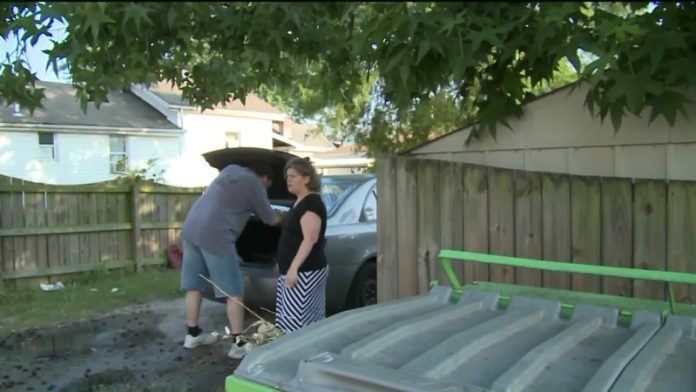In general, gated communities usually are residential communities that restrict public access and have community laws to help them to achieve and maintain the safety of their residents.
These communities accomplish the restriction of public access and the adherence to their community laws by any combination of methods. Examples are gates, walls, fences, security cameras, and security guards who are headquartered in gate houses and who conduct community patrols.
The laws of gated communities are enforced by their security guards. Such guards, however, might be paid as little as $9.00 an hour. Thus, their motivation to strictly enforce the community laws might be less than optimal.
The security of the gated communities also depends, however, upon the types of residents within the communities. If criminals reside within the gated communities, they and their visitors can be security risks. Those in charge of gated communities that are well administered will sell or rent housing units only after doing background checks of prospective residents for criminal activities.
Residents of well administered and well financed gated communities, however, might be so confident of their safety that they often do not develop the street smarts and the situational awareness that they need to protect themselves when they venture out of their gated communities. On public roadways, for example, everyone has a chance to become caught up in a road rage incident, no matter where they live. Also, people without street smarts and situational awareness are more vulnerable in areas such as shopping malls, parks, and parking garages. This vulnerability can be especially dangerous if the gated community is located in a high crime area.
Also, gated communities usually are more expensive than apartments, condominiums and homes that are not located in gated communities. The high HOA fees and rental prices are due to the expenses incurred when paying for security guards and security equipment. In addition, high HOA fees might be used to pay for gated community road maintenance, garbage collection, swimming pools, recreation centers, basketball courts, baseball diamonds, playgrounds, golf courses, and jogging paths.
There is a joke about the many names that were considered, but rejected as possible names for various gated communities. One of the rejected names was “The Runs.”
It is possible, however, through communal crime fighting efforts, to live safely in less expensive communities that are not gated. Those who live in such communities also are more likely to develop the street smarts and the situational awareness that help to keep them safe when they are away from their residential communities. Also, because these community residents fight crime in a communal manner, they are more tight knit and more friendly to one another.
Have you or has anyone that you know ever lived in a gated community? What is your opinion of gated communities? Please comment below.








